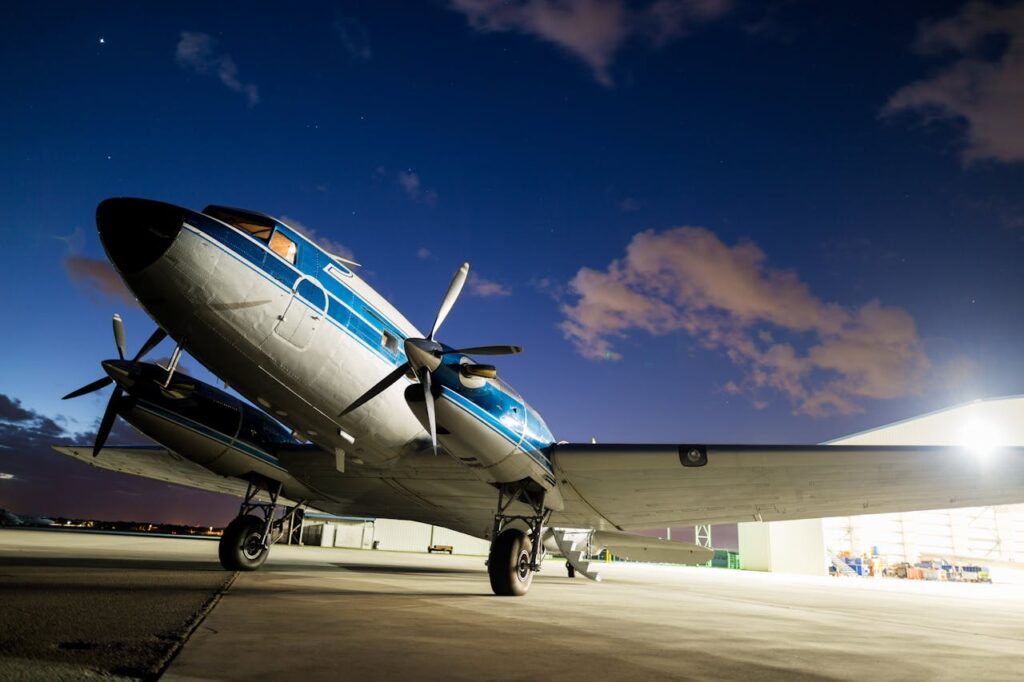
The suitability of hydraulic fluid is vital for enhanced performance and safety over time. As such, one should also pay attention to the kind of hydraulic fluids that will help in better performance, increased safety, and longer life expediencies for hydraulic systems. In fact, all hydraulically operated machines are heavily dependent on hydraulic fluid which happens to be their lifeblood since it transmits power very efficiently. The different types of hydraulic liquids have given rise to several questions as to which ones would be the most appropriate among them all. This paper aims to examine certain fundamental issues that should be considered while selecting the best aircraft hydraulic fluid.
Know Aircraft System Hydraulic Fluid Operation
Hydraulic fluid performs very critical service in aircraft hydraulic systems. These systems control major, vital parts of the aircraft, such as landing gear, brakes, flaps, and flight controls. It transfers power while lubricating the system components and offers protection from corrosion and wear. Fluid performance directly impacts aircraft safety and reliability; therefore, the proper choice of hydraulic fluid is imperative. Selection of the most appropriate fluid should start with the type of functions it provides and the demands made upon it by the various aircraft systems.
The Operating Environment
The operating environment for which the aircraft is to be used is yet another critical factor that impacts the choice of a suitable hydraulic fluid. Hydraulic fluid, during operation, is subjected to very wide-ranging conditions and temperatures: from extremely low altitudes where temperatures drop exceedingly low to excessive ground temperatures. Therefore, its viscosity, thermal stability, and lubricating properties must remain intact within this temperature range. This makes it important to have oils with lower pour points to avoid them becoming too thick at cold temperatures, hence affecting the performance of the hydraulic systems negatively. However, highly thermally stable fluids like Skydrol have to be used in hot climates to avoid breakdowns of substances and hence lack of efficiency.
Aircraft Materials Compatibility
In choosing a hydraulic fluid, depths must be put into its compatibility with aircraft materials. Yet another important thing is that hydraulic fluids should not rust, swell, or deteriorate the aircraft systems made from many kinds of metal, seals, and hoses. If they do, the incompatibility of fluid will lead to many leaks and system failures that are very expensive to repair. Specially formulated hydraulic fluids with maximum material compatibility are necessary in aircraft hydraulic systems to ensure their reliability and safety over time.
Adherence to Regulatory and Industry Standards
The hydraulic fluid has, therefore, to be commensurate with the set industry standards and the formulated regulatory standards. Besides, some standards are so tight for hydraulic fluids of airplanes fixated by aviation authorities, such as the Federal Aviation Administration and the European Union Aviation Safety Agency. Hence, standards assure performance, safety, and reliability. Always ensure the selected hydraulic fluid is certified and hence is equivalently meeting or exceeding the specs mentioned below; otherwise, continued use of below-spec fluids could potentially lead to regulatory non-compliance. This could even create a safety concern.
Performance Attributes
Performance attributes like viscosity, thermal stability, and oxidation resistance would also be considered of high importance to take one step toward aircraft applications. Fluidity is quite necessary for hydraulic systems to work properly; what is most relevant here is that the fluid is in the optimal state across a wide range of temperatures. This thermal stability helps not to let the fluids break down at just-normal temperatures, and oxidation resistance helps it to function effectively for a long time without forming sludge or depositing. Therein lies the fact that you may be able to judge these features vis-a-vis the requirements of your aircraft and, hence, select a hydraulic fluid that is going to improve performance and increase life.
Conclusion
The selection of hydraulic fluid for an aircraft cannot be anything other than a well-thought-out process. That would involve careful thought, considering the factors described above, such as operational environment, material compatibility, compliance with regulations, and performance characteristics. With an understanding of hydraulic fluid function to a good scale within aircraft systems and the consideration of various factors concerning this, the hydraulic system can work in an efficient and safe process. The proper hydraulic fluid in aircraft ensures top performance with reliability second to none for a safe operation in your flight. A decision for the proper choice of hydraulic fluid is time-consuming and labor-intensive, but it’s a key to efficient aircraft operation.


